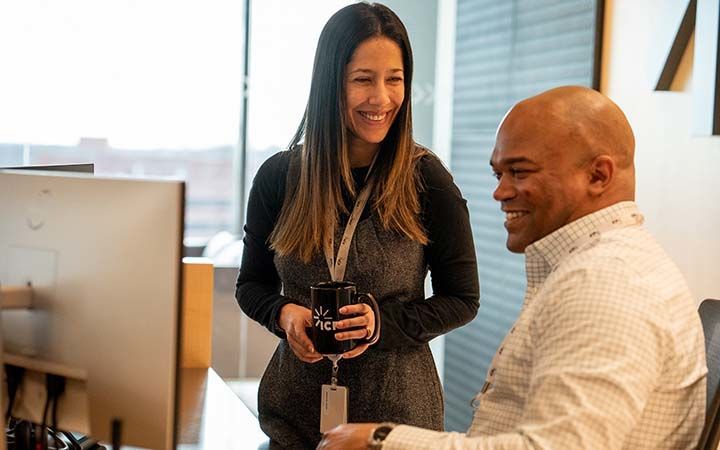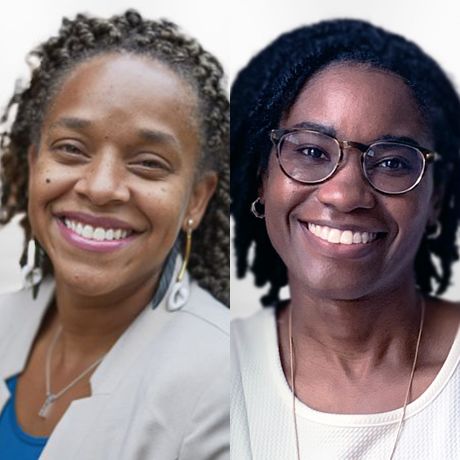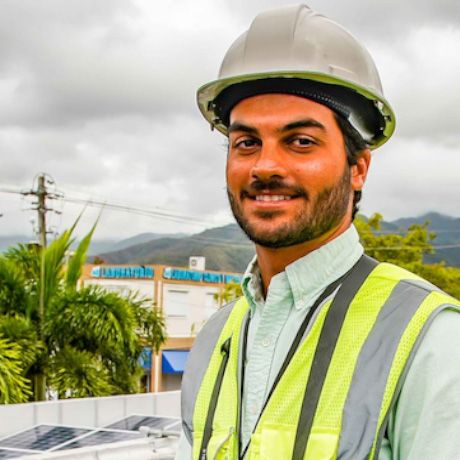People and culture
We are a purpose-driven company and believe that different thoughts, experiences, and perspectives drive innovation and strengthens outcomes. By embracing our differences and leveraging unique strengths, we deliver impactful solutions tailored to the needs of our clients and the communities we serve.

Empowering people, delivering results
Our best work happens when every team member feels respected, valued, and heard. Our purpose and values help us unlock innovation and drive impact—not just as employees, but as people committed to making a difference in the communities we serve.
Building our culture
We believe our collective success is built on the foundation of a healthy, engaged, and thriving team. This enables us to deliver impactful results aligned to the unique needs of our employees, clients, and the communities we serve.
Our programmatic approach focuses on four key pillars—company, colleagues, community, and clients.
Through our leadership approach and practical actions that create meaningful change, we build environments where everyone can thrive.
Employees who inspire us

Johnavae Campbell and Mellina Stephen empower the next generation of Black STEM professionals


